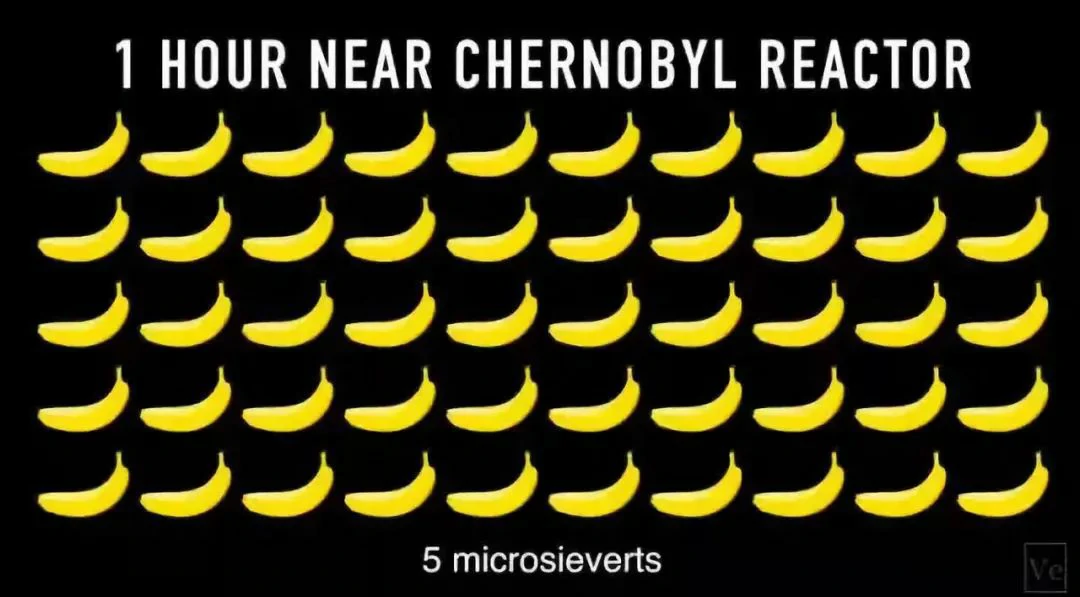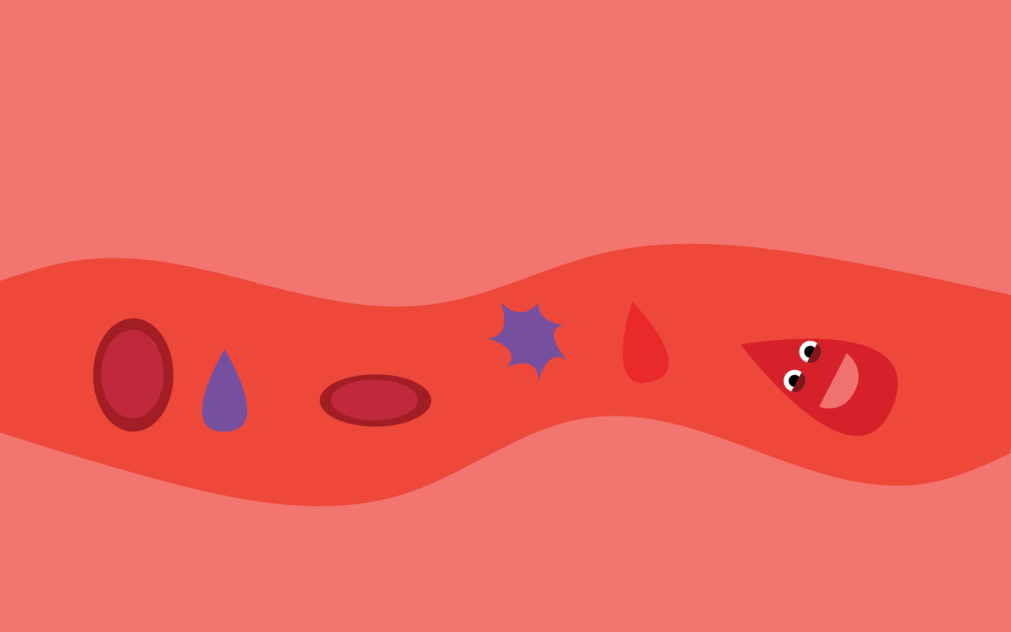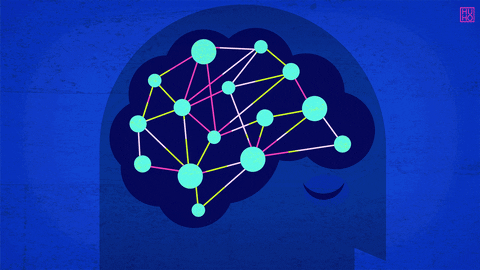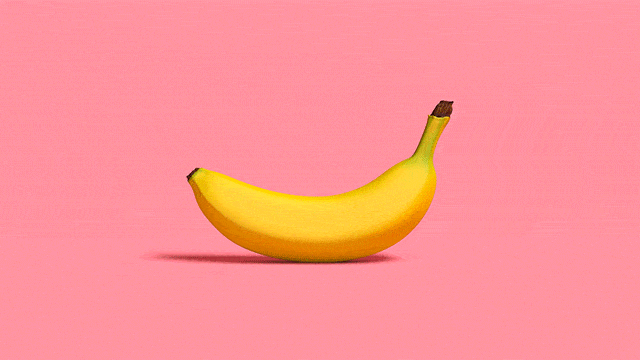Banana is the most radioactive fruit, why do I recommend you to eat more?
Banana, sweet and soft, is a fruit suitable for all ages. After eating bananas for so many years, did you know that they actually have radiation?
German physicist Derek Muller once experimented on how much radiation is around us. Experiments found that eating a banana will receive 0.1μSv of radiation.
Since bananas have radiation, can we still eat them with confidence? You can’t just eat it, I also advise you to eat more.

Eating bananas, will radiation accumulate in the body?
The radiation of bananas is related to the element potassium. The potassium content of bananas is abundant in the fruit, and the content of potassium-40 is relatively high. Therefore, bananas have also become the most radiant variety of fruits.
As the most radioactive food in the fruit world, the radiation dose of bananas is actually very small. Eating 80,000 bananas is equivalent to taking a chest CT.

An hour near the Chernobyl nuclear power plant is equivalent to eating 50 bananas
After we eat a banana, the potassium content in the body will increase by 0.4%, but this is only temporary. Our metabolism controls the amount of potassium in the body, and excess potassium is excreted by the kidneys.
That is, the radiation produced by bananas does not accumulate in the body.
8 hidden benefits of bananas
Bananas are a good source of vitamins and minerals. The data shows that every 100 grams of bananas contain 60 micrograms of carotene, as well as B vitamins such as thiamine, riboflavin, and niacin, as well as vitamin C.
Along with being delicious, bananas have many health benefits:
- Protect blood vessels
Bananas are rich in potassium (256 mg of potassium per 100 grams, 0.8 mg of sodium), which can inhibit the rise of blood pressure and damage to blood vessels caused by sodium. Therefore, people with high blood pressure and heart disease should eat bananas.

- Get rid of fatigue
Bananas are high-potassium foods and rich in magnesium. Modern medicine has confirmed that potassium can maintain normal blood pressure and heartbeat, prevent blood pressure from rising and muscle spasms, while magnesium has the effect of eliminating fatigue.
In addition, the sugar in bananas can be quickly converted into glucose, which is immediately absorbed by the body and is a fast source of energy, so eating a banana after exhaustion can replenish physical strength.
- Improve brain power
A British study of 200 students found that eating bananas and other fruits high in potassium can help improve students’ concentration, learning efficiency, and performance.

- Improve skin
For people with bad skin, it is recommended to eat bananas with yellowed skin. Bananas of this color are ripe and contain more vitamin B2 and vitamin B6, which have a better effect on preventing and treating skin problems.
- Suppress gastric ulcer
Bananas have a soft texture and help relieve gastrointestinal disturbances. Bananas can also neutralize excess stomach acid and protect the gastric mucosa.
Ripe bananas often have black spots or brownish skin on the skin. Studies have shown that this brown-skinned banana contains phospholipids, which are rare in fruits, and has the effect of inhibiting gastric ulcers.
- Reduce eye disease
Bananas are rich in carotenoids, which can be converted into vitamin A by the human liver, which is especially beneficial for eye health.
A study published in the American Journal of Agricultural and Food Chemistry found that eating a banana a day can improve eye health, reduce eye diseases, and reduce the risk of blindness.
- Good for bone growth
Calcium, phosphorus, and magnesium in bananas are beneficial to bone growth, and also contain essential trace elements such as zinc, selenium, and copper.
- Regulate emotions
The tryptophan contained in bananas can be converted into serotonin, which is an inhibitory neurotransmitter that promotes peace of mind, reduces pessimism and depression, and even reduces pain.
Bananas are delicious and nutritious, but they are not suitable for everyone.
The potassium content in bananas is high, and people with acute and chronic nephritis and renal insufficiency should not eat more. The glycemic index of bananas is 52, which is a low-glycemic index food, so diabetics can eat bananas in small amounts, but pay attention to reducing the intake of staple foods.
In this way, the bananas are not easy to grow spots and turn black
What causes banana skins to turn black is a gas called ethylene. As bananas ripen, more and more ethylene is released. So, by controlling the ethylene around the banana, you can control how quickly it ripens. Specifically, you can do this:

Wrap banana rhizomes
Most of the ethylene gas comes from the rhizomes of bananas, and wrapping the rhizomes of bananas can slow down the ripening process of bananas and prolong the preservation time.
If you want to keep bananas fresh for a week, take the whole banana apart and wrap the roots of each banana tightly with plastic wrap.
Store at room temperature 13°C
Experiments show that 13°C is the best storage temperature for bananas. At this temperature, bananas will ripen more slowly.
Hang up bananas
Hanging bananas with good ventilation allows the ethylene produced to travel with the wind, thereby slowing the aging of the bananas. In some supermarkets, you can see racks dedicated to hanging bananas.